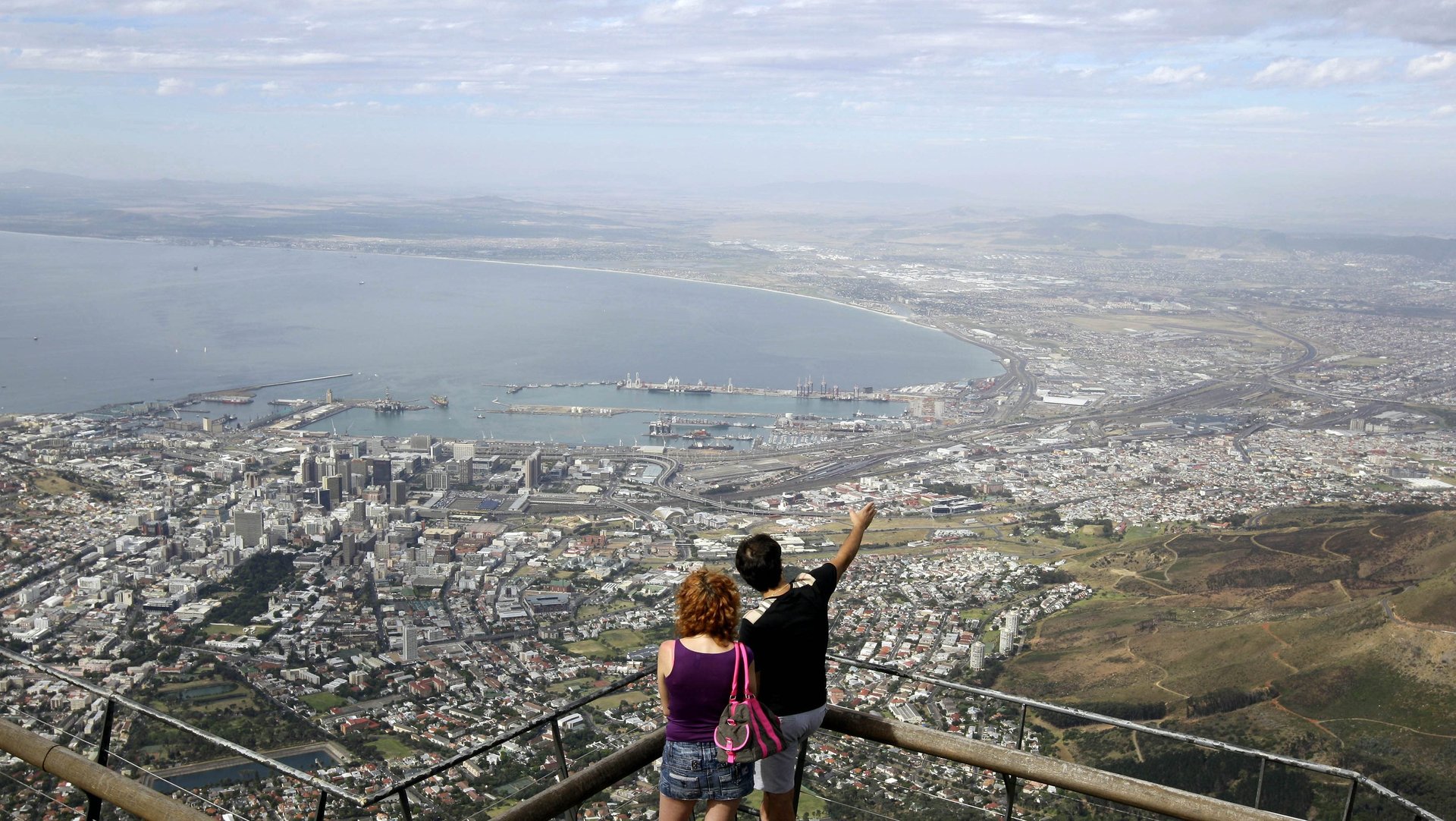Millennials’ search for experiences over luxury is driving Airbnb’s growth in Africa
In the last five years, more than 2 million people have found holiday accommodation in Africa through Airbnb which now has over 100,000 listings on the continent.African hosts earned $139 million in the last year, according to a new Airbnb study.


In the last five years, more than 2 million people have found holiday accommodation in Africa through Airbnb which now has over 100,000 listings on the continent.African hosts earned $139 million in the last year, according to a new Airbnb study.
By opening up the homes of Africans to visitors, Airbnb has also opened up a previously untapped market. Travel in African is known to be expensive, and along with pricey flights, luxury hotels and five-star safari lodges used to be among the few choices tourists to the continent had. With Airbnb, tourists can live, eat and experience life as a local, appealing to the millennials driving the experience-over-stuff economy. What’s more, it’s opened up tourism not only to international visitors, but curious young Africans, too.
Airbnb claims African hosts have made an average of $1,500 a year. In Airbnb’s most popular city, Paris, hosts made an average of 1,970 euro (about $2,400) each year.
In South Africa, specifically, Airbnb has contributed $247 million to the country’s economy. Cape Town is the most popular among guests with 17,000 listings. Many of these homes are owned by Europeans as a holiday home or property investment, meaning the profits don’t necessarily stay in the country.
To counter this, Airbnb has launched a program that focuses on empowering hosts in the city’s townships—black-only neighborhoods on the outskirts of the city segregated during apartheid. Cape Town’s Langa township will become the pilot for a $1-million program to boost community-led tourism in Africa.
Still, Airbnb’s success is largely skewed toward African destinations that are already popular like Cape Town and Casablanca. It reflects how their tourism authorities have marketed them, says Diane Audrey Ngako, the founder of Visiter L’Afrique, a digital tourism and cultural platform for travel to Africa.
Ngako puts Airbnb’s success in Africa to its ability to sell an experience of Africa that international travelers see as authentic. Tourists know that much of the continent has a critical shortage of basic infrastructure, so they come looking for culture rather than comfort.
France is the single country with the highest number of Airbnb users looking to explore Africa, with 13% of guests identifying as French. Next is the US contributing 12% and the UK 10%. African travelers make up 29% of Airbnb guests, a quarter of whom are South African.
Tourists from South Africa may be looking for the same experience as international tourists or travelers from the African diaspora in the US and Europe. African tourists, however, want comfort.
African travelers want the perfect hotel, the perfect view and the perfect cocktail to go with it, says Ngako. Young Africans who are able to travel want a comfortable holiday that is also aspirational, which is why destinations like Cape Town appeal to them.